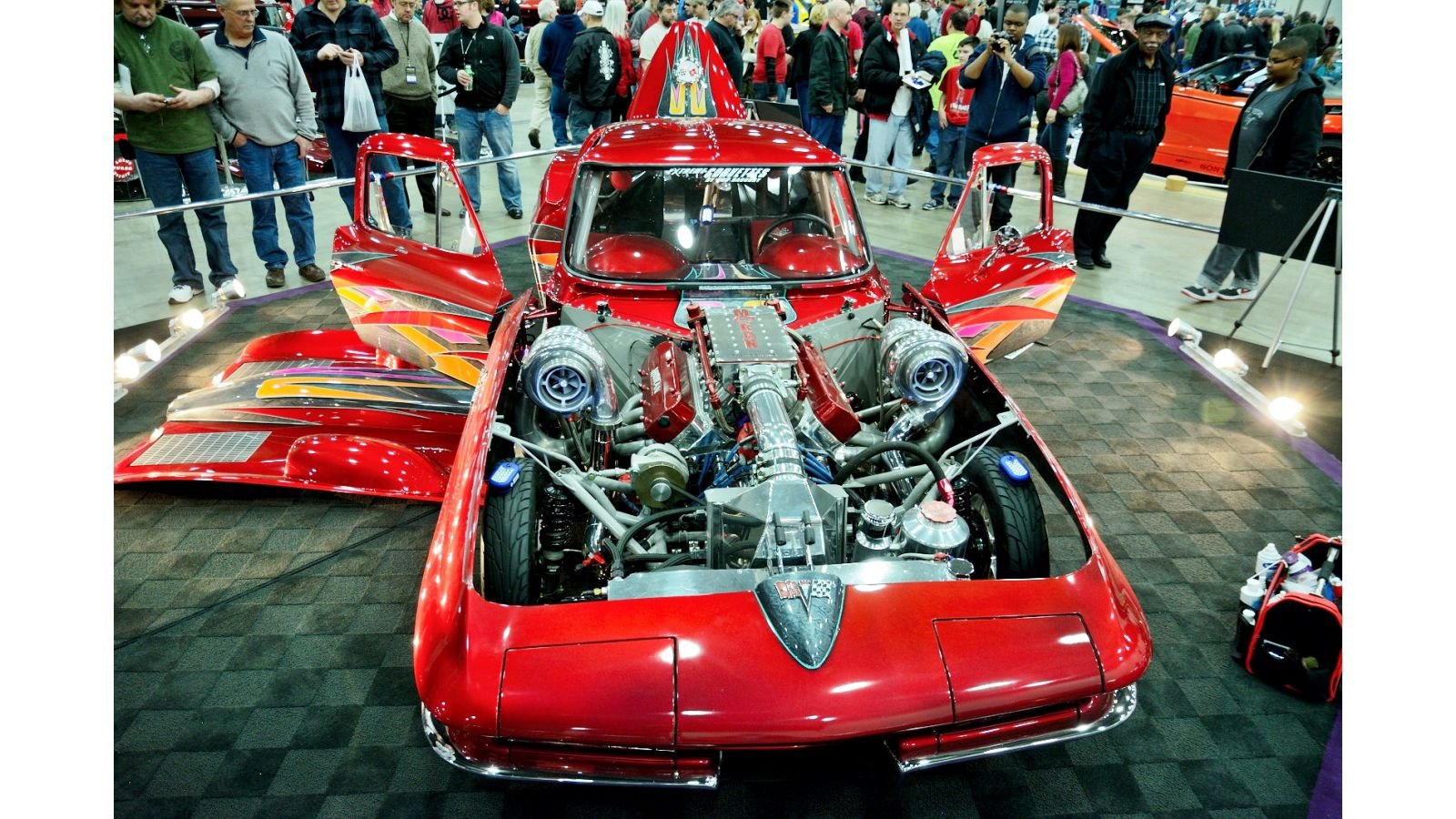Details to Consider Before Adding a Turbocharger
These are the things to know before you consider spending money (and time) on one of the biggest and best upgrades you can make to your Corvette. Modern cars have definitely entered a new “turbo era.” with big manufacturers using it to get more power with less fuel and emissions. Turbo cars can be ridiculously fast, when on boost, and here's the basics to getting it.












Identify your power goals
The first thing you need to do is assess how much power you want to make. Be realistic! A car you drive on the weekend in the mountains doesn’t need to make 1,000 horsepower. If you want bragging rights then by all means nothing is stopping you. If you compete in a series that is regulated by power to weight ratio or an equivalent yard stick you’re going to want to eye ball the competition and approach it in a more strategic way. When it comes to competition more is better (until you are illegal), because it is better to have it and not need it than to need it and not have it.
Name brand, generic or used
Most people have a budget when it comes to turbocharging their car. I’m a firm believer in buying quality name brand parts from reputable suppliers instead of things that are cheap, because I have seen the failures time and time again. Yes, you can find stuff from China for super cheap, but by the time all of it breaks and you replace it, you could have bought a nice setup with brand name parts. Don’t cheap out when it comes to engine building! If you are going to buy used, buy from a credible source and inspect everything carefully.
Selecting the right turbo
The variables on a turbocharger are as complicated as the engineering that goes into designing them. Once you decide on a power goal you have to figure out where and how you want to make that power. Two cars that produce exactly the same power can drive completely different because of the turbo selected. For a drag race application a laggy turbo with an huge hit of horsepower on top might be acceptable, where it would be uncontrollable on a road course. Most street applications trade maximum boost for a smaller turbo that spools up faster and delivers boost lower in the rev range, and instantaneously when you need it.
Electronics
Once you have your turbo, and all the necessary hardware and plumbing, you’re going to have to control it. Aftermarket computers vary in price and the options they permit: everything from launch control to limiting boost by gear is possible these days. You don’t need all of these features, but you may opt for a more complex ECU if you anticipate you might want them in the future, as the project progresses. Dyno tuning is essential to get the fuel/ignition/boost variables mapped right and ensure you can get into boost safely and maximize power gains.
Routine maintenance
Turbocharging a naturally aspirated car puts more stress on components. There are also more things to go wrong any time you add components to a system, so it is even more important to keep up on maintenance and keep track of things like oil changes. You need to get the right equipment to monitor your engine too, like exhaust gas temperature sensors/gauges. A great big auxiliary oil cooler is a good idea too, because the engine oil lubes and cools the turbo now too. Little details like buying proper fasteners and clamps can save you big headaches or a trip to rebuild your motor when they fail.
Final words
Fast turbo cars are hard to beat, but if you’re going to do it, then make sure you do it the right way. Don’t cheap out on critical items and make sure you get a proper tune from someone with experience. These days turbocharging a Corvette isn't new, so lean on the knowledge of those who have already done it, or buy a complete kit. The last thing you want after spending all your time and money on your car is to not enjoy your build to the max!
For help with service of your car, check out the how to section of CorvetteForum.com
